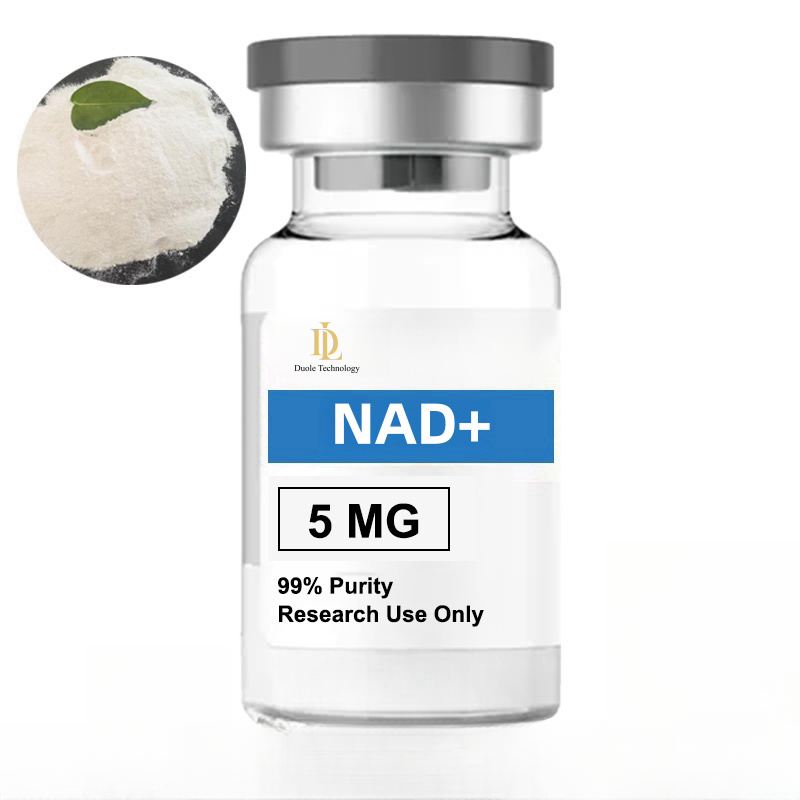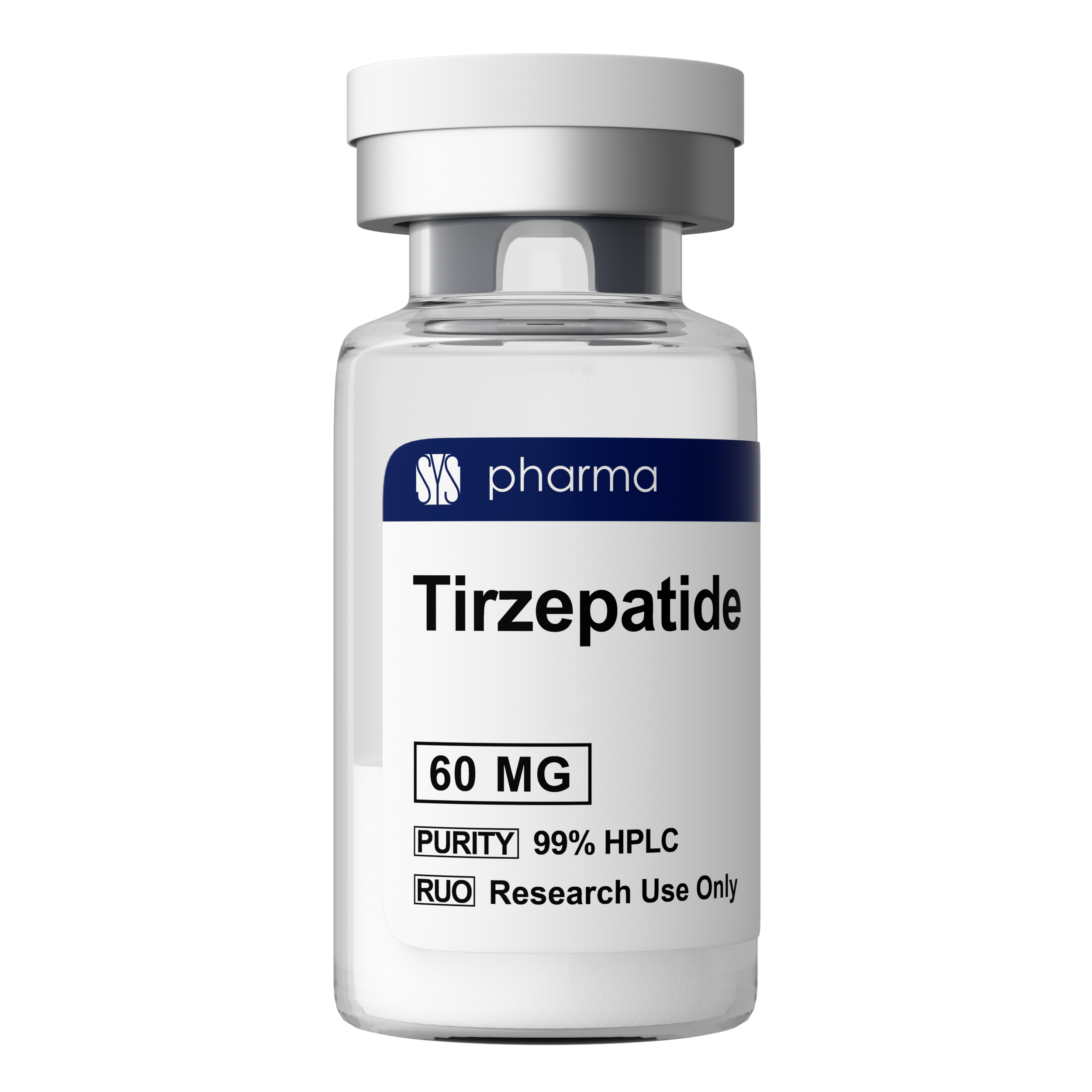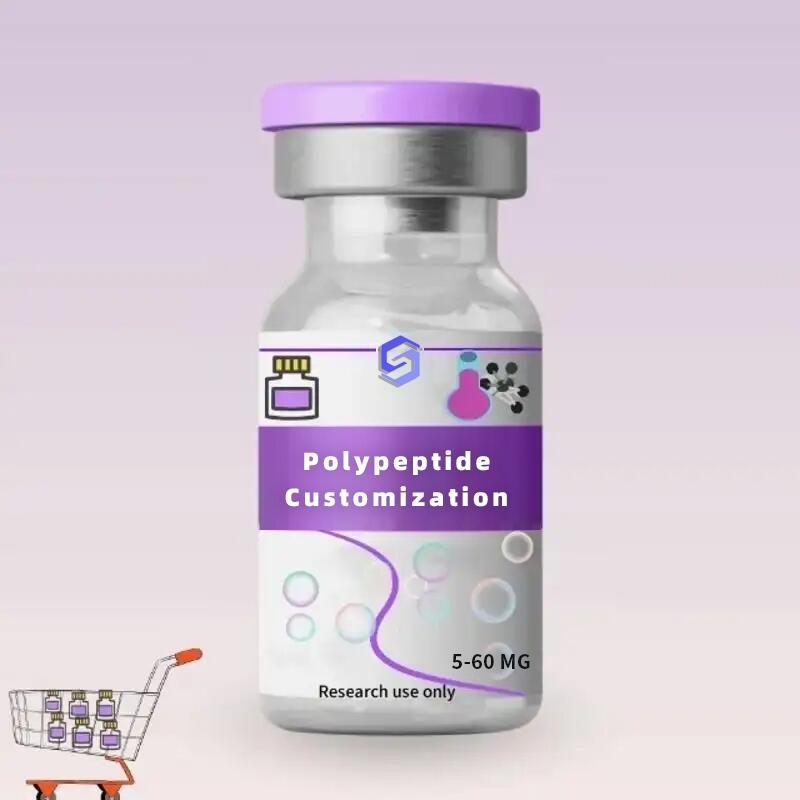Nature weighs! Huaxi Hospital will carry out the world's first CRISPR human body test to declare war on lung cancer
-
Last Update: 2016-07-22
-
Source: Internet
-
Author: User
Search more information of high quality chemicals, good prices and reliable suppliers, visit
www.echemi.com
Source: biological exploration July 21, 2016, according to the official website of nature, Chinese scientists will carry out the world's first CRISPR human test Professor Lu u, an oncologist at West China Hospital of Sichuan University, plans to launch the clinical trial in August this year, using T cells edited by CRISPR technology to treat patients with metastatic non-small cell lung cancer who are not effective in chemotherapy, radiotherapy and other therapies On July 6, the clinical trial was ethically approved by the hospital review committee How to do the experiment? Technology the team led by Professor Lu u will extract T cells from patients' blood and knock out PD-1 gene with CRISPR / cas9 technology The gene is the key switch of human immune response Deleting it can restore the anti-tumor ability of T cells The T cells edited by CRISPR were amplified in the laboratory and then transfused back into the patient's blood The team hopes that the transformed T cells will be able to return to the cancer site through blood circulation The safety team will test the efficacy of three different dosage regimens in 10 patients The trial will start in one patient and the team will closely monitor the possible side effects of the treatment After that, the dose of patients receiving treatment will gradually increase Lei Deng, an oncologist at West China Hospital, said the most important thing in the phase I trial was to test the safety of the test method As we all know, Miss target effect is an important limiting factor of CRISPR technology in application Editing the wrong genes can have potentially harmful effects The Chengdu medgencell, which participated in the experiment, will be responsible for verifying the edited T cells and ensuring that CRISPR technology edits the correct genes in the cells, Lei Deng said Why do we choose to knock out PD-1 gene? At present, PD-1 is a very popular target in the field of cancer immunotherapy FDA has approved two immunocheckpoint inhibitors targeting PD-1, respectively, opdivo of BMS and keytruda of MSD Among them, opdivo has "taken" 4 indications, including melanoma, lung cancer, renal cancer and classic Hodgkin's lymphoma; keytruda's approved indications include melanoma and lung cancer It is reported that the two star PD-1 products are expected to be approved for the treatment of other types of cancer, including bladder cancer, head and neck cancer It is worth noting that although PD-1 antibodies have brought new hope for various cancer treatments, it is difficult to predict the extent to which these antibodies block PD-1 and activate immune response In contrast, PD-1 is more determinate to be blocked by gene knockout; meanwhile, cell proliferation can increase the chance of response Timothy Chan, who studies immunotherapy at Memorial slonketlin cancer center, believes that this approach will be more effective than PD-1 antibodies However, Chan expressed his concern about the experiment Because the T cells edited by the trial are involved in a wide variety of immune responses, he worries that the treatment will induce excessive autoimmune responses If this happens, T cells attack the gut or other normal tissues Chan also gives his suggestions on how to solve this problem He said the team could choose to get T cells from the tumor because they were ready to attack cancer specifically Carl June: I'm not surprised that a large number of clinical trials using other gene editing techniques have been approved, including a trial led by Carl June of the University of Pennsylvania to help patients fight HIV In addition, Carl June's clinical trial of CRISPR based car-t technology in the treatment of patients with myeloma, melanoma and sarcoma attracted the attention of the global scientific community in June this year At present, the test has been approved by NIH's recombinant DNA Advisory Committee, but it still needs the FDA and University Review Committee to "turn on the green light" for the test The trial is expected to start by the end of this year, the researchers said In contrast, the experimental design idea of the Chinese team of scientists is very similar to the experiment led by Carl June But Carl June's experiment involved the manipulation of three genes, including the deletion of PD-1 and a T cell receptor coding gene, and the insertion of a gene Carl June said he was not surprised by the exciting progress made by the Chinese team "China attaches great importance to biomedical research," he said Tetsuya Ishii, a bioethicist at Hokkaido University in Japan, one of China's "firsts" in CRISPR, said that China has been acting fast in CRISPR, but sometimes too fast In fact, in the past two years, China has created many "firsts" in CRISPR, such as the first editing human embryo and the first CRISPR editing monkey It is reported that the review process lasted for half a year, and the team invested a lot of time and human resources, including close communication with the hospital internal review board (IRB) Professor Lu said: "NIH's approval of other CRISPR clinical trials has increased our own and IRB's confidence in this study I hope we are the first But more importantly, I hope we can get positive data from the experiment " About Professor Lu U (refer to the official website of West China Hospital) Lu u graduated from West China Medical University, master of oncology, visiting scholar of UPenn medical school (2001.10-2005.10) )For a long time, he has been engaged in the clinical and basic research of radiotherapy, chemotherapy and molecular targeted treatment of lung cancer and esophageal cancer, as well as the comprehensive treatment of tumor, as well as the clinical trial research of new anti-tumor drugs
This article is an English version of an article which is originally in the Chinese language on echemi.com and is provided for information purposes only.
This website makes no representation or warranty of any kind, either expressed or implied, as to the accuracy, completeness ownership or reliability of
the article or any translations thereof. If you have any concerns or complaints relating to the article, please send an email, providing a detailed
description of the concern or complaint, to
service@echemi.com. A staff member will contact you within 5 working days. Once verified, infringing content
will be removed immediately.







